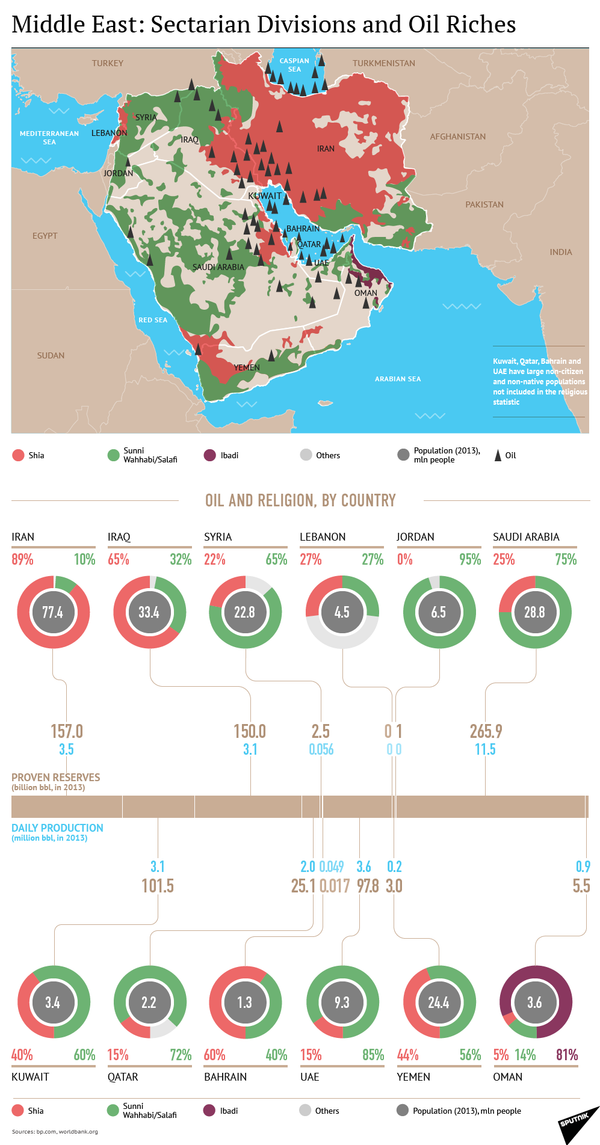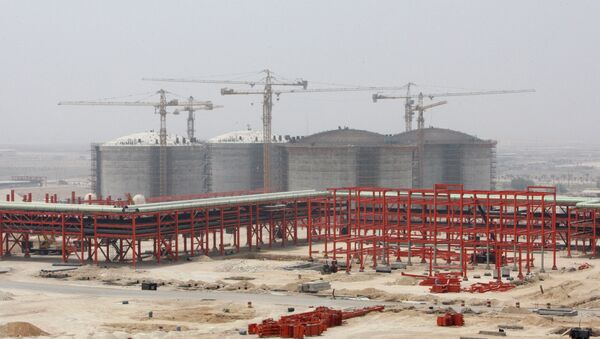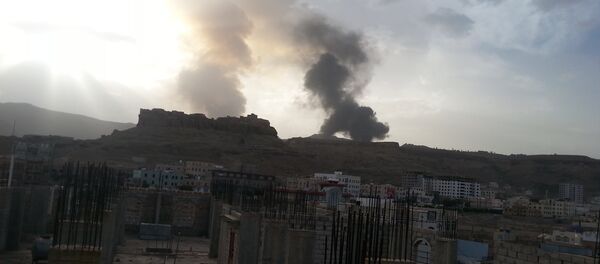Iran's oil production in the next year is expected to nearly double, as the market experiences a drop amid overproduction and the unwillingness of oil-producing countries to cut exports.
Most of Persian Gulf countries' recent growth in oil exports has been due to the rise of China's oil consumption, UAE's exports to the country grew by 116% and Kuwait's by 98% in the first two months of 2015. At the same time, China's own oil imports fell by almost half in March.
"Comprehensive costs remained high so that the traditional competitive advantages were weakened," Chinese Customs spokesman Huang Songping told reporters on Monday.
Iran's willingness to sell oil at below market prices could undercut those producers. China's own decline in exports by 15 percent in March also led to a 45 percent decrease in crude oil imports for the quarter.
At the same time, Russia doesn't see Iran displacing it on the European market because of the investments required to produce and export such volumes of oil.
Saudi Arabia Loses Control
In November, Saudi Arabia's Minister of Petroleum and Natural Resources Ali al-Naimi said "Whether it goes down to $20, $40, $50, $60, it is irrelevant," the country now believes that at around $55 a barrel, the price is too low. Now, with Iran's rise, Saudi Arabia is worried.
The first sign came in early April, when al-Naimi admitted that renewable energy is threatening the future of oil.
"There are those who are trying to reach international agreements to limit the use of fossil fuel, and that will damage the interests of oil producers in the long-term."
Saudi Arabia continues ramping up production despite the oil price's fall, as part of a strategy to drive out oil exporters with higher production costs.This includes shale oil producers in the United States, where the number of oil rigs fell from a peak of 1,609 in October to 760 as of early April.
Iran Predicts Saudi Disintegration
On Sunday, a senior Iranian diplomat said that Saudi Arabia faces disintegration if it continues its military campaign in Yemen.
"The enemies of the [Middle East] region are unfortunately trying to disintegrate and weaken Saudi Arabia, and the aggression against Yemen and its consequences are the start point of this ominous plot," Deputy Foreign Minister for Arab and African Affairs Hossein Amir-Abdollahian said.
Such a statement could mean not only a warning against Saudi Arabia's campaign in Yemen, but also Iran's view of the future of the Middle East.
Sectarian tensions, which have been frozen in Bahrain, could spark up without a Saudi security state apparatus to assist in crackdowns. Saudi disintegration would also make them face Iran, which is across the Persian Gulf and competing for a shrinking but powerful Chinese market.





